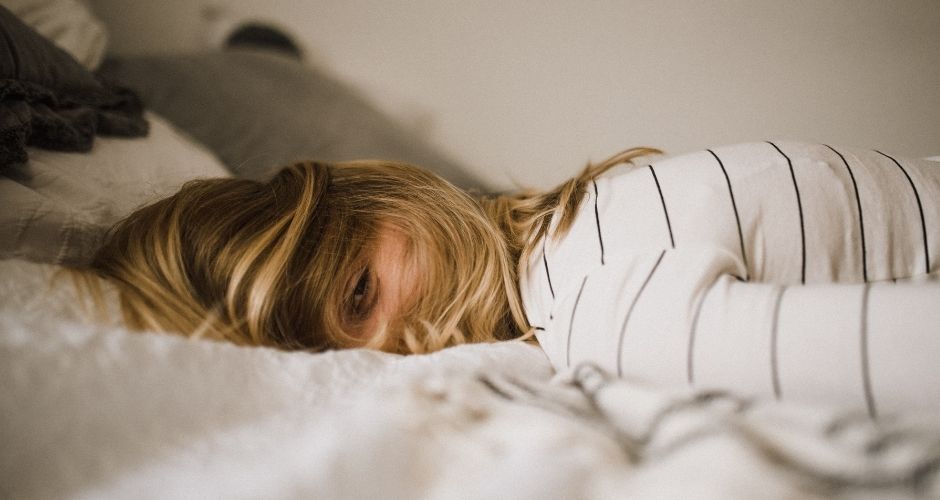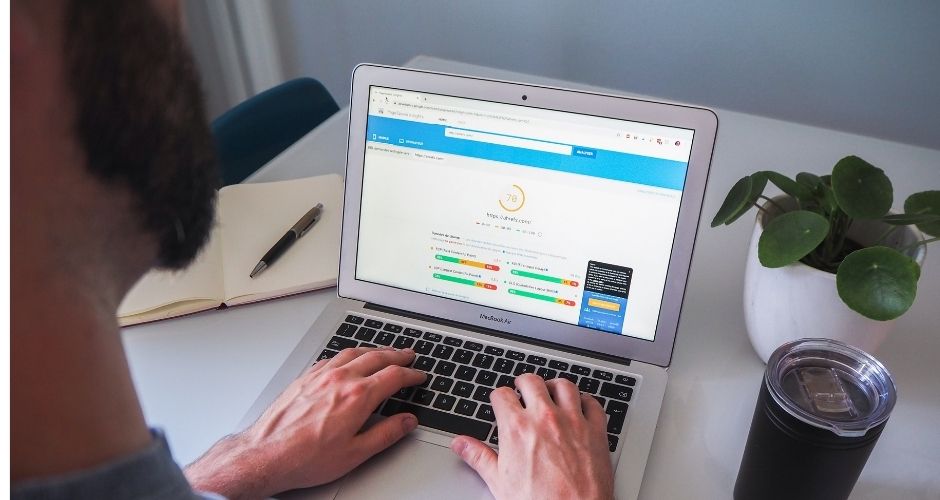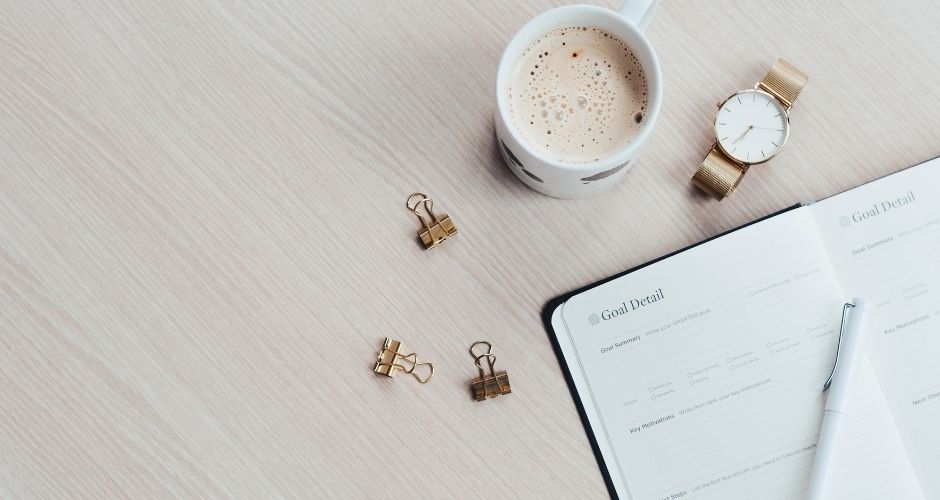Insomnia During COVID

But as we adjust to stay-at-home orders and try to remain healthy in a time of COVID-19, focusing on sleeping well offers tremendous benefits. Sleep is critical to physical health and effective functioning of the immune system. It’s also a key promoter of emotional wellness and mental health, helping to beat back stress, depression, and anxiety.
Sleep is critical to health, wellness, and sanity! The stress and complications caused by COVID and the perpetual news stories aimed at leveraging fear have increased insomnia by a reported 40%! Whether you had sleeping problems before COVID or if they’ve come on recently, there are concrete steps you can take to improve your sleep and thus your health.
WHY IS SLEEP MORE CHALLENGING WITH COVID?
Daily Life Changes
Adjusting to a new daily routine is hard enough, add to it the fact that there are no longer clear start and end times for work while working from home can flip your life upside-down. Even if you love this new work from home scenario, there are complications to take into consideration. Does your work space have low levels of natural light? This may reduce light-based cues for wakefulness and sleep, known as zeitgebers, which are crucial to our circadian rhythm.
Are you tempted to oversleep each morning? Sleeping more than seven to eight hours per night can make waking up much more difficult, even if you use an alarm. One awake, over-sleepers may also feel groggy, irritable and unfocused throughout the day.

Screen Time
Whether it’s checking the news on your phone, joining a Zoom, binge-watching Netflix, or putting in extra hours staring at a computer while working-from-home, social distancing can result in a huge increase in screen time. Excess screen time, especially later in the evening, can kill good quality sleep. It stimulates the brain in ways that make it hard to wind down and the blue light from screens suppress your body’s natural production of melatonin, a hormone that the body makes to help us sleep.
Family stress
Before COVID, levels of stress were already dangerously high in our society. Vacations were often delayed, or put off, but now with few options for family trips, and added responsibilities like home schooling, lack of childcare, and loss of income, stress has skyrocketed.
Fatigue
Stress-Related or Depression-Related
The chronic stress of living through a pandemic can lead to a host of physical symptoms, including persistent headaches, memory lapses, and digestive problems. Stress-related fatigue is another common side effect. The Mayo Clinic defines fatigue as “a nearly constant state of weariness that develops over time and reduces your energy, motivation and concentration.” Even if you receive an adequate amount of sleep at night, fatigue can still leave you feeling tired and unmotivated in the morning. Depression can cause the same symptoms. Doing the things you usually love no longer bring you joy, and it’s hard to muster the energy to do much of anything.
Mental Health and Sleep
The Sleep Foundation said it best, “Most people know firsthand that sleep affects their mental state. After all, there’s a reason it’s said that someone in a bad mood 'woke up on the wrong side of the bed.’ Sufficient sleep, especially REM sleep, facilitates the brain’s processing of emotional information.” During sleep, the brain evaluates and organizes thoughts and memories. It appears that a lack of sleep is especially harmful to the consolidation of positive emotional content.
Improve your sleep and you improve your immune system, brain function, mood, and mental health

SO HOW DO WE IMPROVE OUR SLEEP DURING COVID?
The Sleep foundation has a some great tips on how to do just that:
Make and Stick to a New Routine
Establishing a routine can facilitate a sense of normalcy even in abnormal times. It’s a way to give your mind and body cues to acclimate to. Having a regular sleep and wake time is critical with this new schedule and keep to it even on the weekends!
Sleep-related routine should include:
Wake-Up Time: Set your alarm, bypass the snooze button, and have a fixed time to get every day started.
Wind-Down Time: This is an important time to relax and get ready for bed. It can involve things like light reading, stretching, and meditating along with preparations for bed like putting on pajamas and brushing your teeth. Given the stress of the coronavirus pandemic, it’s wise to give yourself extra wind-down time each night.
Bedtime: Pick a consistent time to actually turn out the lights and try to fall asleep.
In addition to time spent sleeping and getting ready for bed, it can be helpful to incorporate steady routines to provide time cues throughout the day, including:
Showering and getting dressed even if you aren’t leaving the house.
Eating meals at the same time each day.
Blocking off specific time periods for work and exercise.

Keep your bed sacred
Sleep experts emphasize the importance of creating an association in your mind between your bed and sleep. For this reason, they recommend that sleep and sex be the only activities that take place in your bed. This means that working-from-home shouldn’t be working-from-bed. It also means avoiding bringing a laptop into bed to watch a movie or series.
Frequently changing your sheets, fluffing your pillows, and making your bed can keep your bed feeling fresh, creating a comfortable and inviting setting to doze off. If you’ve been considering refreshing your bedroom setup with a brand new mattress, sheets, or anything other sleep products that need an upgrade, now might be the time to consider doing so.
See the Light
Exposure to light plays a crucial role in helping our bodies regulate sleep in a healthy way. As you deal with disruptions to daily life, you may need to take steps so that light-based cues have a positive effect on your circadian rhythm.
If you can, spend some time outside in natural light. Even if the sun isn’t shining brightly, natural light still has positive effects on circadian rhythm. Many people find outdoor time is most beneficial in the morning, and as an added bonus, it’s an opportunity to get fresh air.
As much as possible, open windows and blinds to let light into your home during the day.
Reduce Screen Time
Be mindful of screen time. The blue light produced by electronic devices, such as mobile phones, tablets, and computers, has been found to interfere with the body’s natural sleep-promoting processes. As much as possible, avoid using these devices for an hour before bed. You can also use device settings or special apps that reduce or filter blue light.
Be Careful with Naps
If you’re home all day, you may be tempted to take more naps. While a short power nap early in the afternoon can be useful to some people, it’s best to avoid long naps or naps later in the day that can hinder nighttime sleep.

Stay Active
It’s easy to overlook exercise with everything happening in the world, but regular daily activity has numerous important benefits, including for sleep.
If you can go for a walk while maintaining a safe distance from other people, that’s a great option. If not, there is a wealth of resources online for all types and levels of exercise. Many gyms and yoga and dance studios are live-streaming free classes during this period of social distancing.
Practice Kindness and Foster Connection
It might not seem critical to your sleep, but kindness and connection can reduce stress and its harmful effects on mood and sleep.
Despite all the bad news that you may come across, try to find some positive stories, such as how people are supporting one another through the pandemic. You can use technology to stay in touch with friends and family so that you can maintain social connections despite the need for social distancing.
Utilize Relaxation Techniques
Finding ways to relax can be a potent tool in improving your sleep. Deep breathing, stretching, yoga, mindfulness meditation, calming music, and quiet reading are just a few examples of relaxation techniques that you can build into your routines. If you’re not sure where to get started, check out smartphone apps like Headspace and Calm that have programs designed for people new to meditation.
Avoid the News & Social Media
Another relaxation strategy during this pandemic is to avoid becoming overwhelmed by coronavirus-related news. For example, you can try techniques including:
Bookmarking one or two trusted news sites and visiting them only during a limited, pre-set amount of time each day. Cut down the total time that you spend scrolling on social media. If you want a hand in this effort, a number of apps can monitor and even block your time on social media sites or apps each day.
Talk to Loved Ones
Scheduling phone or video calls with friends and family and agreeing in advance to focus on topics other than the coronavirus.
Watch What You Eat and Drink
Keeping a healthy diet can promote good sleep. In particular, be cautious with the intake of alcohol and caffeine, especially later in the day, as both can disrupt the quantity and quality of your sleep.